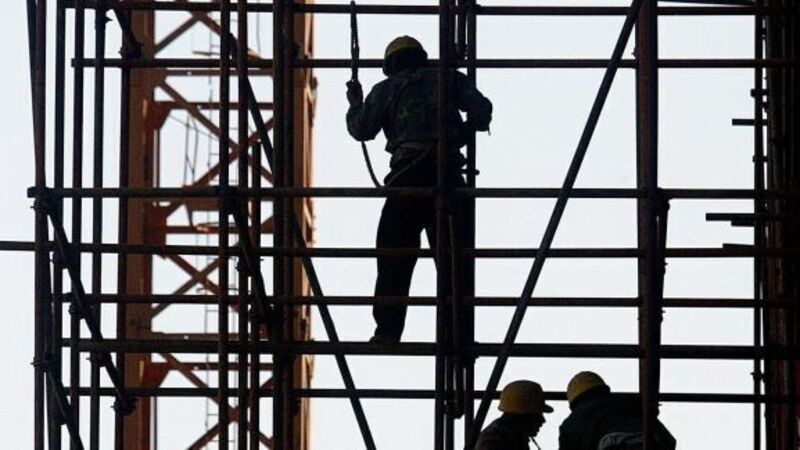Overseas workers central plank of the macro Chinese economic project

I don’t think so. But that is one of the conclusions you could extrapolate from this comprehensive look at the Chinese economic miracle.
This impressive reportage job took the authors to 26 countries and 500 interviews to investigate China’s silent army — its emigrants. It was first published in Spanish in 2011, and much of the authors’ research was done in 2010.











